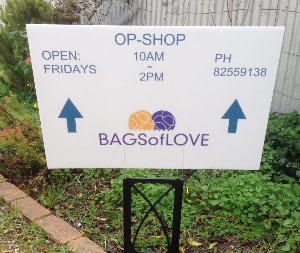
How will your projects benefit others?

What challenges are you facing in progressing your projects?
- Injured workers, no matter where they are, know that they have no reason to be fearful of the workers compensation industry, because they will be welcomed into a 'family' of injured workers, they will be supported through the healing process and they will be guided to return to life-community-work in a manner that is both timely and cost effective for the injured worker and the employers.
- Injured workers and employers no longer argue in a legal setting but sit together over coffee and discuss the best suitable way forward to ensure the best of all outcomes for both parties.
- No child goes hungry or no family is broken because of a workplace injury.
- The laughter that fills the Centre replaces all the tears of injured workers everywhere.
- Injured workers no longer have to hide their workers compensation history.
- There is the realisation that injured workers can and do do the most amazing things because they have a support network around them that gets excited by every milestone no matter how tiny or how large.
- The money generated in keeping injured workers churning through the system is invested into real assistance.
- An injured worker smiles and knows they have a future worth pursuing.
Larger premises to explore what more is possible for injured workers. It needs to be big enough to house a men’s shed so that the men can have the time and space that they need to heal the emotional and mental, as well as the physical, aspects of their lives. The premises also needs to have a large kitchen to provide meals for the Bags of Love emergency food project, and to house the Bags of Love Op Shop and Craig’s Table Coffee Shop.
- Funding to cover wages of key people.
- Recognition for the real and very tangible changes that are being made at the Centre within the workers compensation industry.









